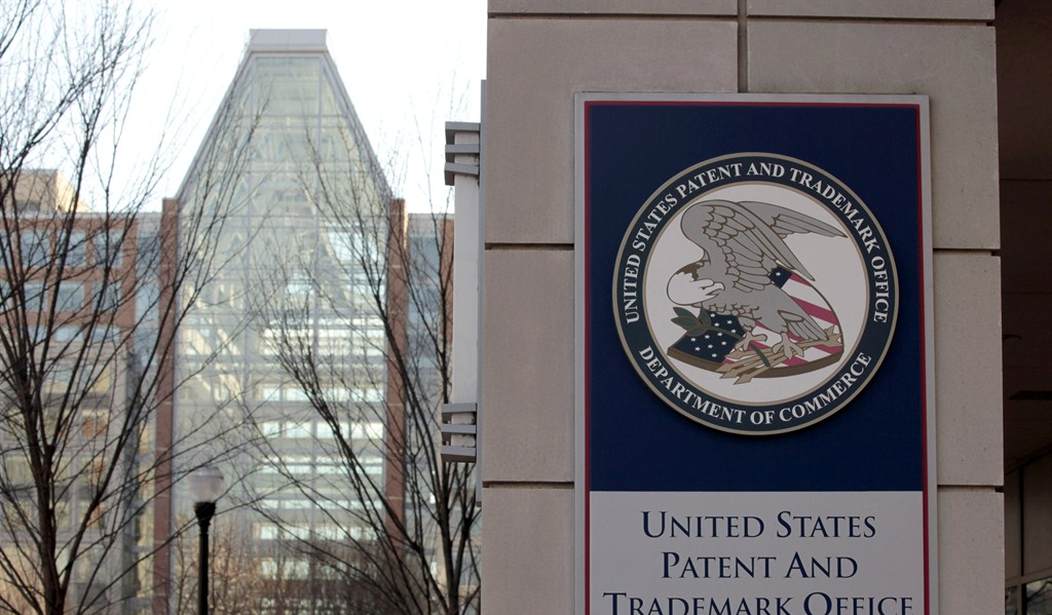The House Judiciary Subcommittee on Courts, Intellectual Property, and the Internet recently held a hearing to get to the bottom of the rampant intellectual property theft that continues to weaken America’s economy. This is no minor issue; it’s one of the most significant threats to small businesses in the U.S. today that no one is talking about.
IP theft drains billions from the economy, and with the average cost for patent litigation ranging between $2.3 million and $4 million, small businesses are struggling to pursue their claims. It’s a financial one-two punch in the gut — sometimes a fatal one.
At the hearing, Kathy Vidal, Under Secretary of Commerce for Intellectual Property said that because “new technologies and globalization present evolving and challenging IP issues,” we need to revamp the present-day IP ecosystem so that it “cultivate[s] an innovation mindset and catalyze[s] inclusive innovation and entrepreneurialism, economic prosperity, and U.S. competitiveness…”
Vidal is right: presently, the U.S.'s IP protections are far behind the technological curve. AI and other new technologies are making it easier than ever to lift innovators’ IP, and while the U.S. has passed some measures to better police cyber infringement violations over the last two decades, much of it is going ignored or unpoliced.
Most analysts perceive China to be the biggest violator of IP in America, and they’re probably right. China steals up to $600 billion of American intellectual property annually, which has put over 45 million American jobs and more than $6.5 trillion in economic output in harm’s way. That’s why Sen. Chris Van Hollen recently succeeded in passing legislation to pursue Chinese IP violations more aggressively. However, while China may be the biggest perpetrator of IP theft in the U.S., American conglomerates continue to regularly engage in these practices, but they aren’t receiving nearly as much attention from congressional reformers.
Recommended
Big Tech companies appear to be engaging in IP theft more than most. In fact, according to the patent litigation database, Google, which was recently found guilty by the International Trade Commission for patent infringement, is one of the top first-named defendants in the country for patent litigation cases. It’s no coincidence that three other tech giants followed it on the list.
If tech monopolies like Google are indeed stealing IP, at least they built themselves into something before doing so. Even worse are the stories of companies like Crexi, a commercial real estate platform for brokers and property owners, which have been accused of building their entire business empires off infringing on others’ copyrights.
Last year, Crexi agreed to pay $1.6 million to rival company Ten-X to settle accusations of Crexi founder and former Ten-X executive Michael DeGiorgio stealing trade secrets and proprietary information to launch the company. In a statement, DeGiorgio apologized “for the actions which led to this lawsuit.” While he said he “regret[ted his] conduct at the time [he] departed Ten-X,” Crexi is now being accused of engaging in the same type of behavior, with real estate data company CoStar alleging in court that Crexi has engaged in “flagrant and widespread theft of CoStar’s intellectual property” in an “unlawful scheme to build a competing business on the back of that stolen content, and through unauthorized use of CoStar’s services.”
George Landrith, Frontiers of Freedom president and a leading advocate for strong IP protections, put it best: “When laws against theft aren’t vigorously enforced, thieves are going to steal.”
China is now on pace to outperform America with respect to tech innovation. It’s no surprise why: it takes IP protection much more seriously than the U.S.
In April, China’s Ministry of Public Security stated that “in 2022, a total of 27,000 criminal cases of intellectual property infringement and the production and sale of counterfeit and inferior commodities were cracked, effectively curbing the frequent occurrence of such crimes.” If only the U.S. was doing the same.
Fortunately, however, the USPTO is finally giving IP rights and enforcement the attention it deserves.
During her recent congressional testimony, Vidal indicated she has held nearly 100 external stakeholder meetings and hundreds of request-for-comment responses on what USPTO can do to better solve this problem. She said that “the agency is committed to making change where it is needed as well as upholding the strong IP system that has made America the innovation engine that it is.”
Good. The U.S. has barely done anything to reconcile its IP laws with the modern digital age. It took years (in some cases, decades) for it to pass bills that merely provide a wink and a nod to addressing online piracy.
The time is now for USPTO to act. The longer the U.S. continues treating protecting IP like an afterthought, the more money that will get sucked out of its economy and more honest businesses will find themselves destroyed by the dagger of corporate monopolies. And that’s in no one’s interest.
Andrew Langer is the president of Institute for Liberty.
























Join the conversation as a VIP Member